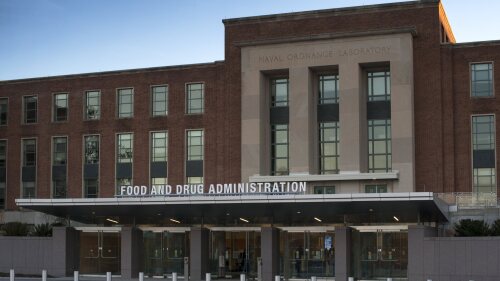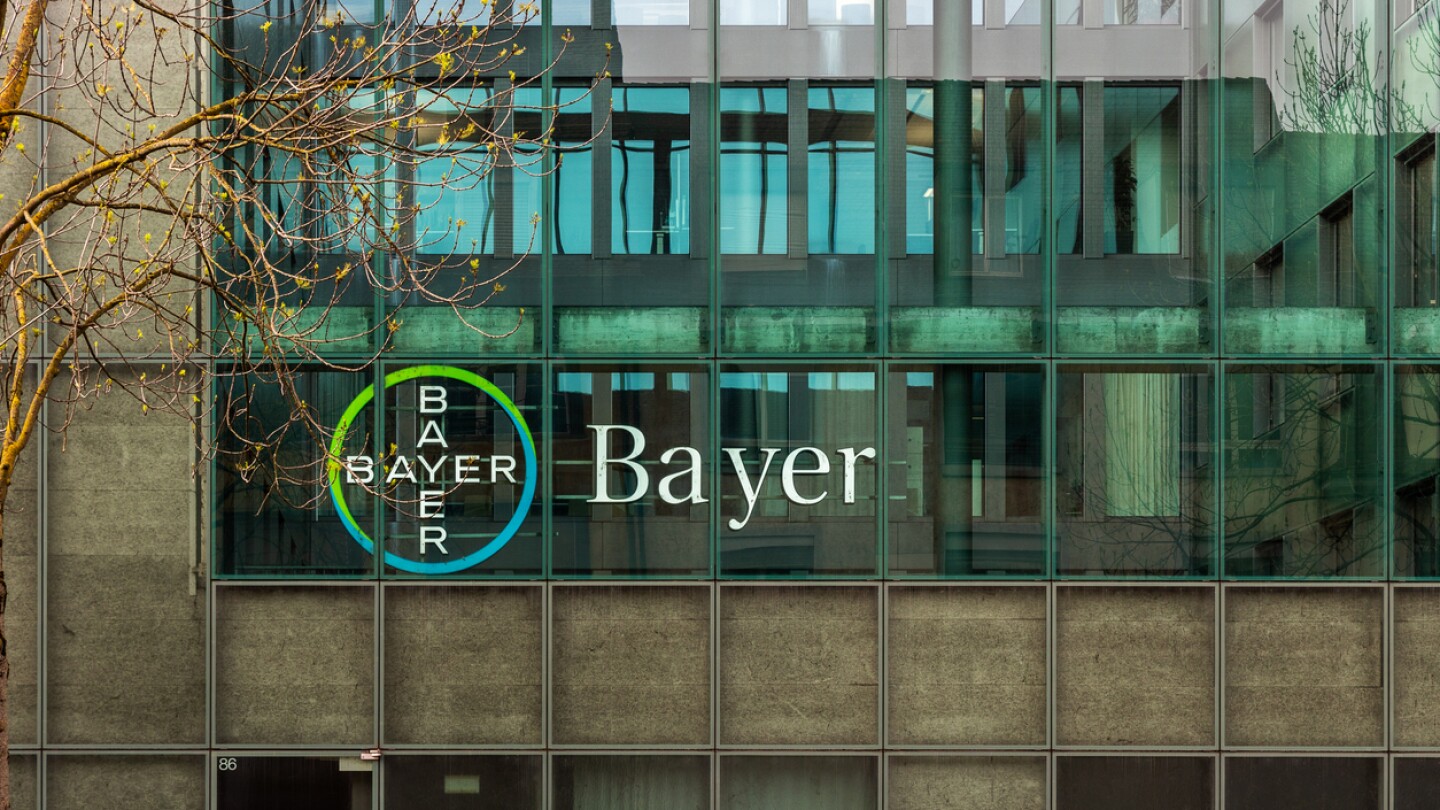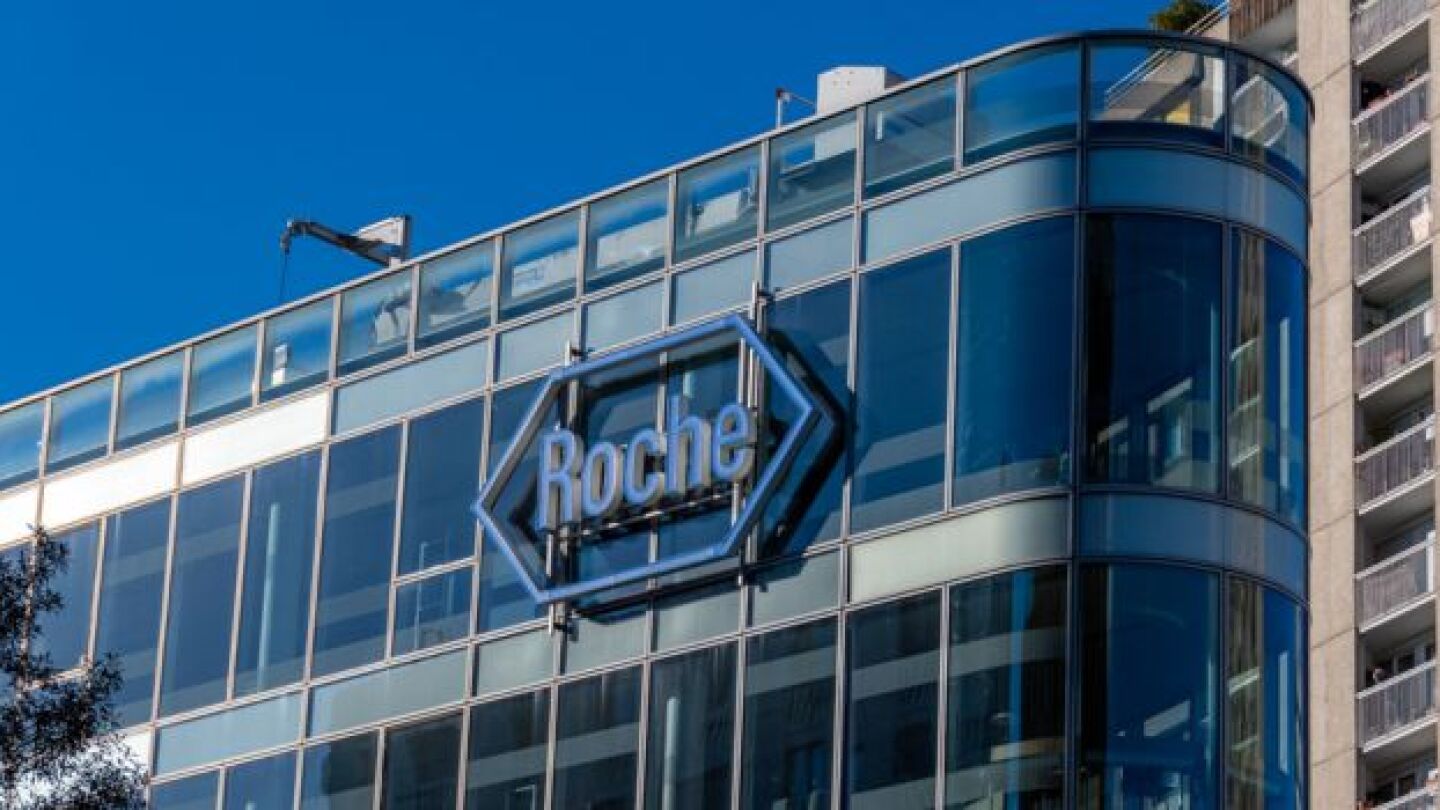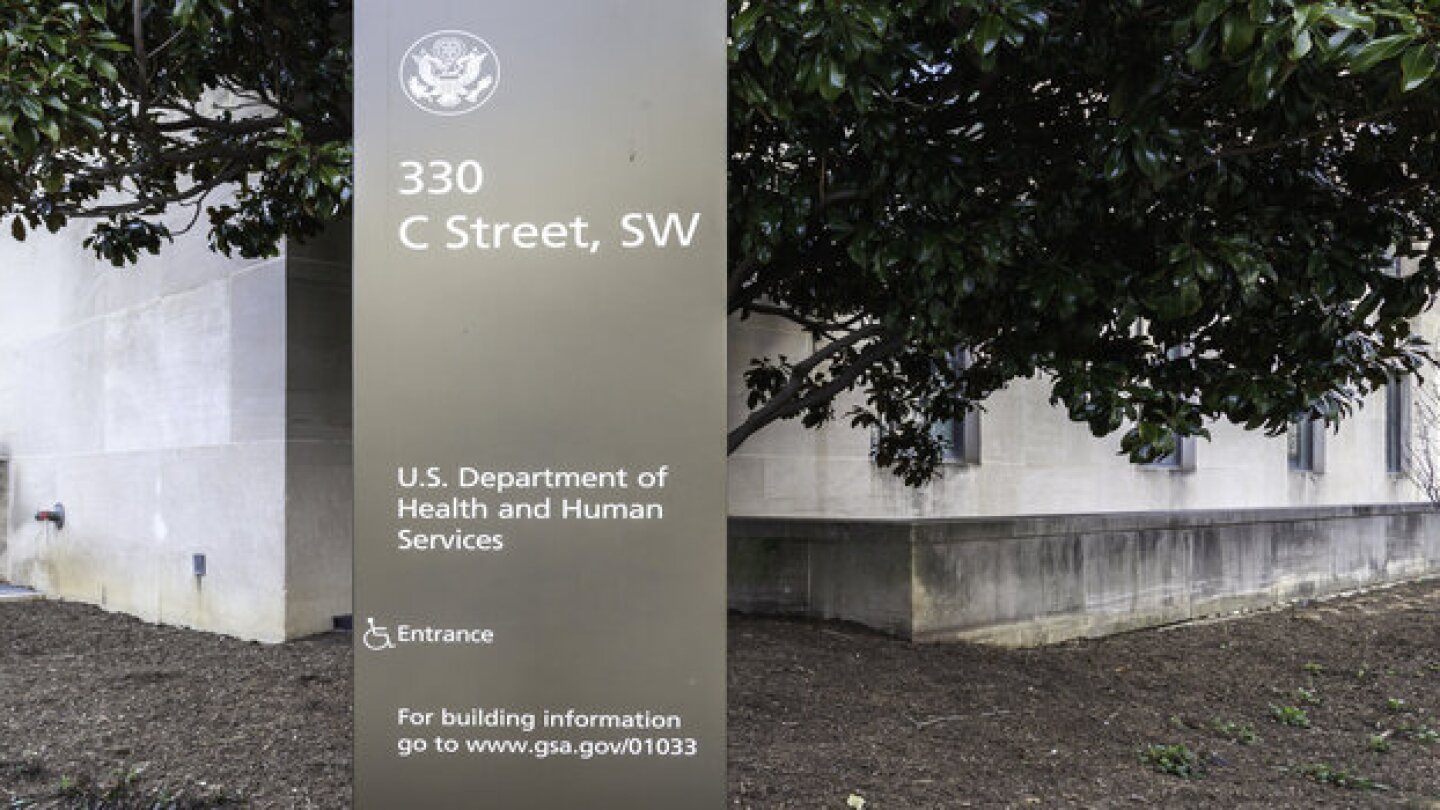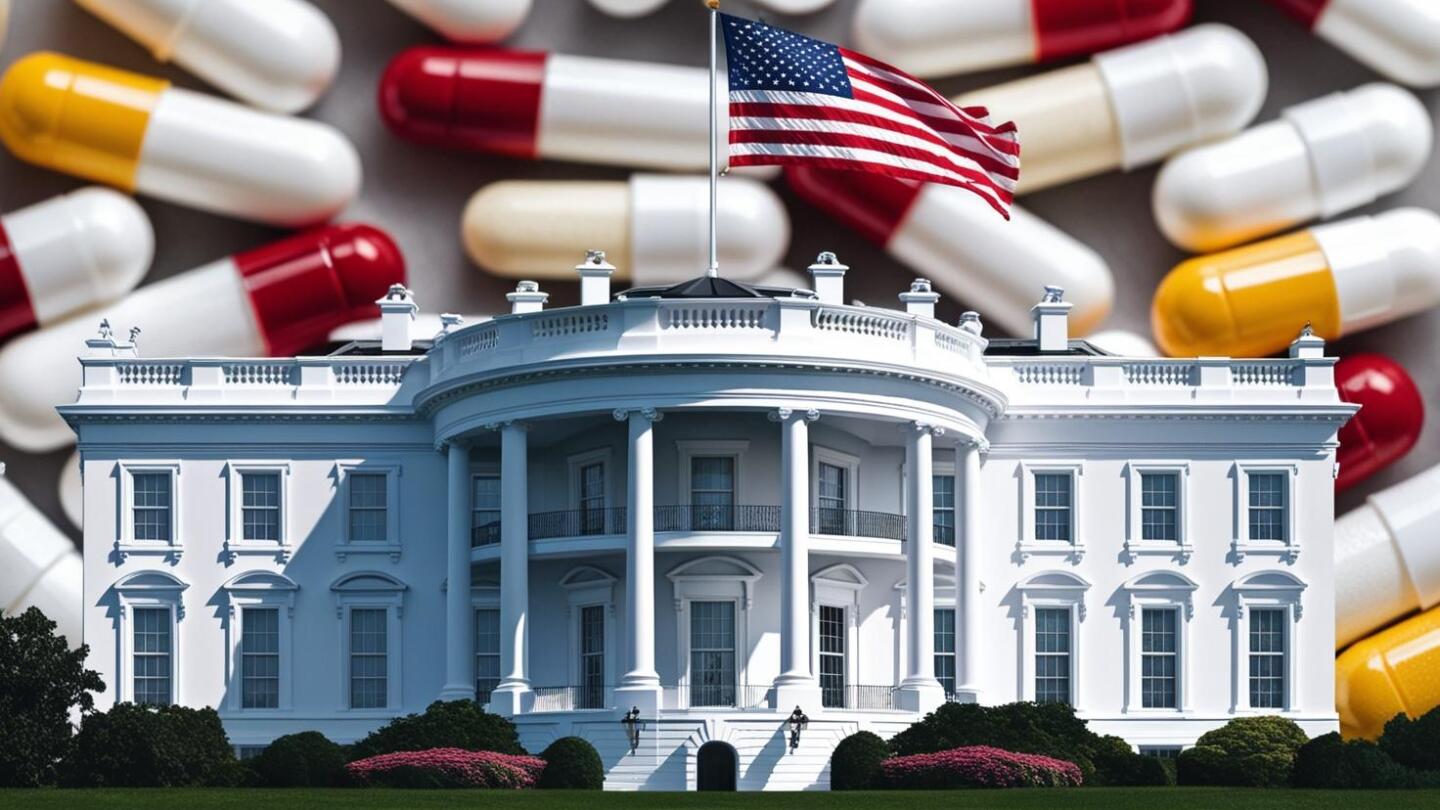News
A journey through the FDA’s newly released complete response letters gave glimpses into the journeys to market for Eli Lilly’s Alzheimer’s antibody Kisunla, Sarepta’s DMD gene therapy Vyondys 53 and Gilead’s HIV drug Sunlenca.
FEATURED STORIES
J.P. Morgan kicked off with a flurry of deals, with Eli Lilly, GSK and Gilead all announcing deals potentially worth more than $1 billion while J&J committed $14.6 billion to buy Intra-Cellular. These moves have reinvigorated sentiment across the biopharma industry.
Benefiting from technological and conceptual groundwork and positive early data, gene therapies are advancing in the clinic for cardiovascular diseases including congestive heart failure, chronic refractory angina and cardiomyopathy.
An FDA committee’s September 2024 vote to limit the use of Merck’s Keytruda and BMS’ Opdivo in stomach and esophageal cancers based on PD-L1 expression levels reflects an emerging trend that leverages ever-maturing datasets.
Job Trends
Illumina, Inc. has confidentially submitted a draft registration statement on Form 10 related to its potential divestiture of GRAIL to the U.S. Securities and Exchange Commission, pursuant to an order Illumina received from the European Commission directing the company to divest GRAIL.
FROM OUR EDITORS
Read our takes on the biggest stories happening in the industry.
Unpredictable communication and a lack of transparency are eroding the industry’s and the public’s trust. The FDA, experts agree, needs to take control of the narrative.
THE LATEST
The number of employees laid off increased year over year during the first quarter. BioSpace recaps the five largest rounds of layoffs, which included BMS and Novartis cuts.
It’s another wild twist in the story of Galapagos, a company that has been around for more than 25 years but has yet to get a therapy approved.
Meanwhile, Bayer CEO Bill Anderson said Donald Trump’s Most Favored Nations policy could present an opportunity for European countries to make sure they are also funding their “fair share” of biopharma innovation.
The commitment is part of Roche’s recently announced $50 billion investment in the U.S., but a company spokesperson said that could change if certain yet-unspecified policies are implemented that could “harm our industry’s ability to operate and innovate in America.”
The third cycle of the drug price negotiations will involve drugs under Medicare Part B. New prices are set to take effect in 2028.
The Most Favored Nation directive would allow drugmakers to directly sell their products to patients at a lower cost, cutting out what President Donald Trump called “the middlemen.”
Azafaros will use the Series B haul to push lead asset nizubaglustat into late-stage studies for Niemann-Pick disease Type C and GM1/GM2 gangliosidoses later this year.
While industry groups decried the Trump administration’s new drug pricing order, analysts say it lacked details and the teeth to make a major impact without an act of Congress.
Lexeo wants to more quickly move investigational gene therapy LX2006 into a registrational study and hopes for a potential efficacy readout in 2027.
The package revives President Donald Trump’s much-maligned Most Favored Nation rule but goes further into the private markets and beyond, leveraging the patent system, drug importation and more.


